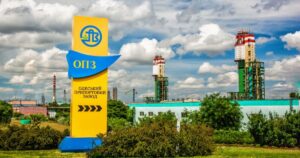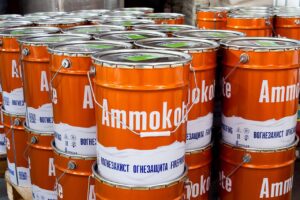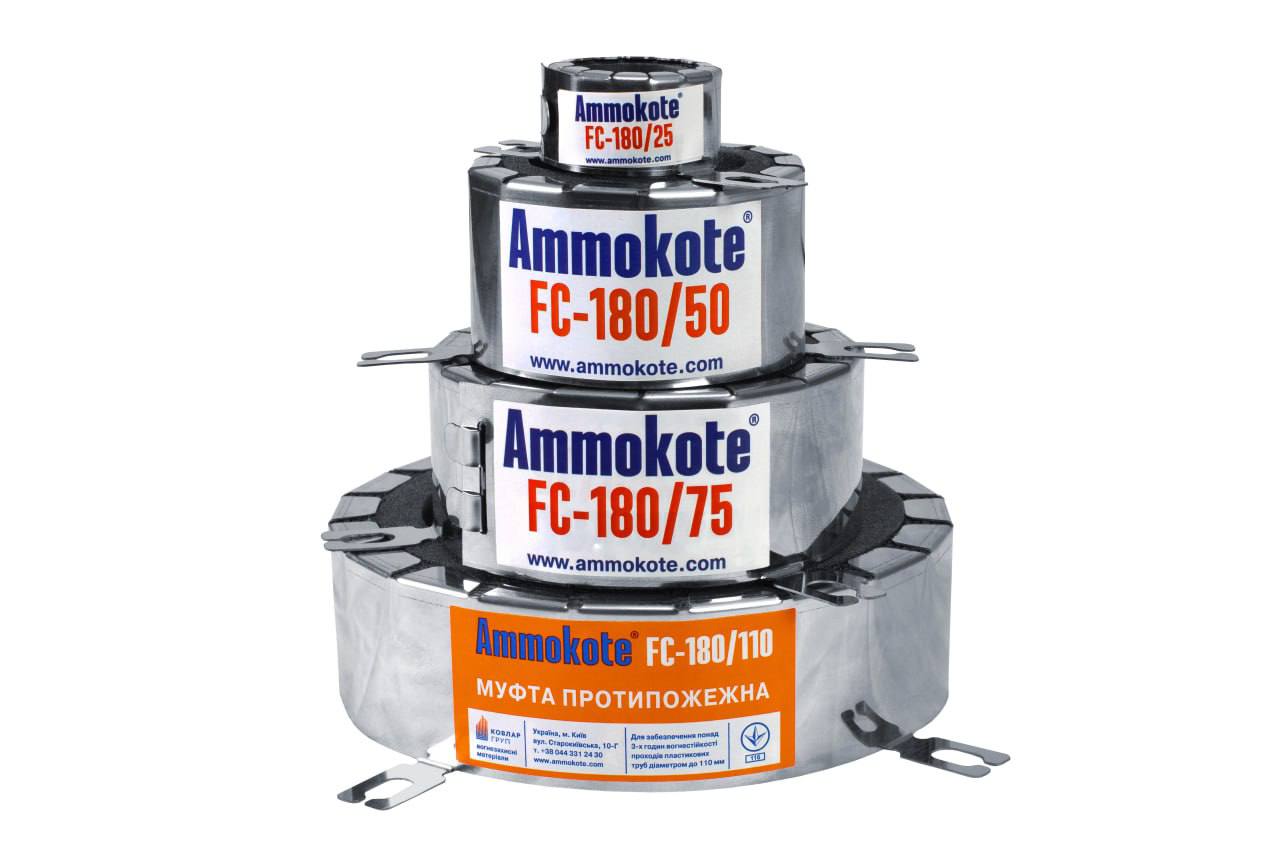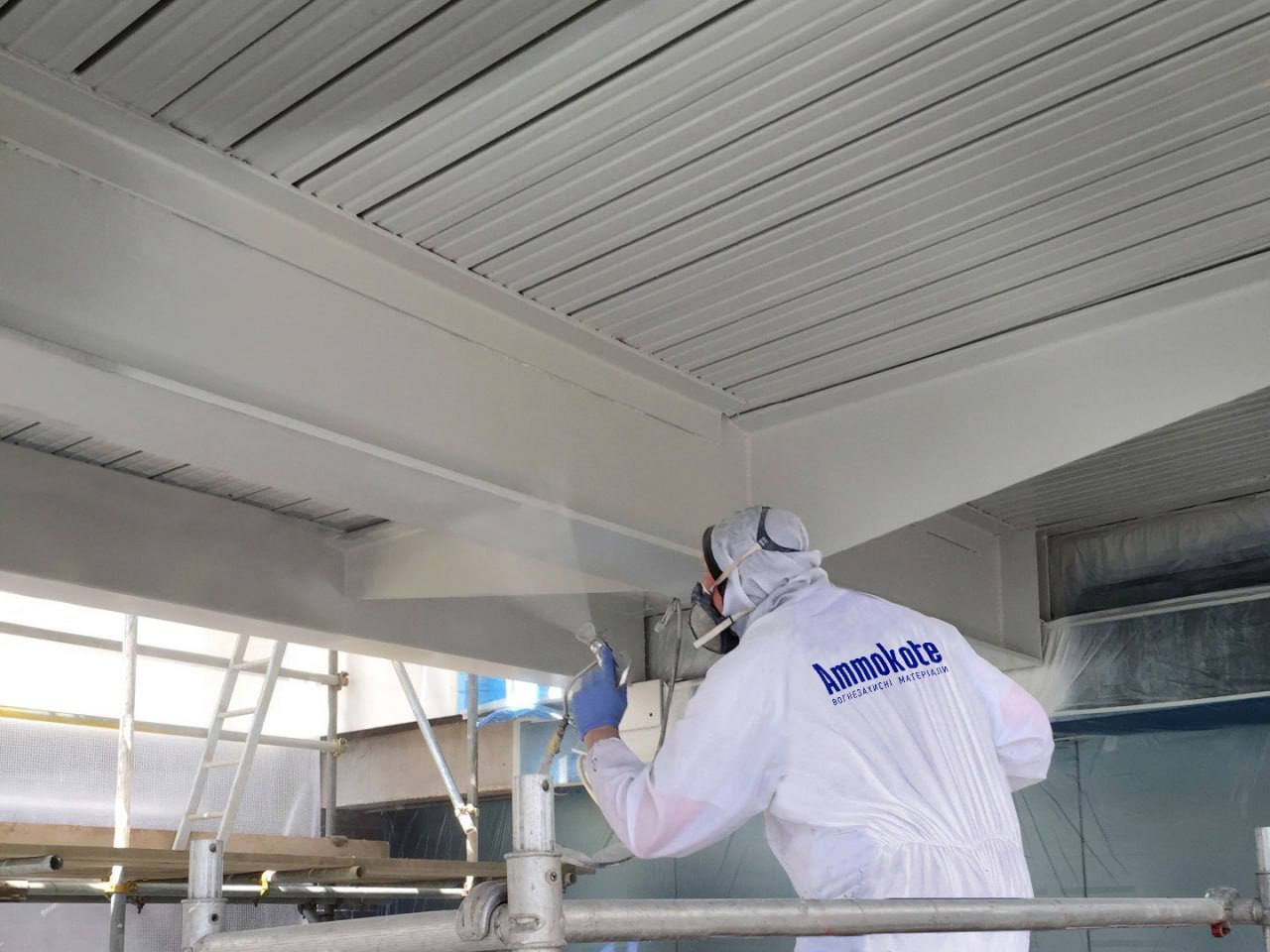
Nova Poshta LLC plans to increase its investments in the Moldovan market to $880 thousand in 2024, which is 4.5 times more than the volume of such investments in 2023, the company’s press service said on Wednesday.
“The bulk of the investments will be directed to expanding our network, repairing branches, automating workplaces, updating IT infrastructure, and increasing the fleet of vehicles for delivery by couriers,” said Sergey Shapran, CEO of Nova Poshta in Moldova.
In addition, in 2025, Nova Poshta plans to create a new sorting hub in Moldova, where business customers will be able to use fulfillment services.
According to the company, over the 10 years of its operation in this country, Nova Poshta has become one of the three fastest deliveries in Moldova, and has built a network of 21 branches, 261 post offices and three sorting terminals.
In addition, it was the first company in the Moldovan market to launch parcel delivery points on the basis of existing businesses: shops, gas stations, etc. Currently, there are 53 delivery points in Moldova, and the company plans to further expand its network.
According to the report, in the first half of 2024, Nova Poshta in Moldova delivered 1.1 million parcels, almost as many as in the whole of 2023 (1.2 million), and paid 12.5 million lei in taxes to the local state budget of the country.
“In Moldova, Nova Poshta delivers parcels from marketplaces in China, America, Ukraine, as well as to/from Romania.
The company is also working on integrating Moldova into the Nova Post Europe system, which will allow customers to send and receive parcels from 13 European countries.
In the first half of 2024, the company delivered 771 thousand international parcels, compared to 590 thousand for the whole of 2023.
As reported, in the first half of 2024, Nova Poshta increased its consolidated net income by 22.6% to UAH 24.45 billion, while the company’s consolidated net profit decreased by 36.9% to UAH 1.48 billion.

The use of Ukrainian-made sandwich panels increased by 15% in the first half of 2024, while sales of imported products decreased by 12%, Andriy Ozeychuk, director of the engineering and construction company Rauta, told Interfax-Ukraine.
“In the first half of 2024, the volume of the Ukrainian sandwich panel market in absolute terms amounted to just over 1 million square meters, which is similar to the figures for 2023. At the same time, the use of Ukrainian-made panels increased by 15%, while sales of imported products decreased by 12%,” he said.
Ozeychuk also emphasized the change in the structure of sandwich panels: their share of mineral wool is decreasing, while the demand for panels with PIR (polyurethane foam – a fire-resistant insulating material based on polyurethane) filler is growing, which has the highest thermal insulation properties and a lower price.
“From 2021 to 2024, the price in euros of PIR-filled sandwich panels decreased by 18%, while mineral wool-filled panels increased in price by 37%,” he said.
At the same time, the Rauta director stated that today the construction of new facilities is actively developing only in western Ukraine, while in other regions it is limited to spot projects and the reconstruction of destroyed buildings.
According to him, the main problem of the construction market, in particular the sandwich panel segment, is a large market decline of 60-70% compared to 2021. Most investors take a wait-and-see attitude and do not risk investing in new projects.
At the same time, despite the war risks, the owners of most of the destroyed commercial and industrial facilities have invested in their restoration to quickly restart their businesses, allowing them to continue to operate efficiently.
In particular, Rauta has implemented a number of large-scale restoration projects, including the Retroville shopping mall in Kyiv, the production shop of the Chernihiv Automobile Plant, and the Novus supermarket in Bucha (Kyiv region).
According to Ozeychuk, the industry’s acute problems are a shortage of personnel, especially among skilled laborers, as well as blackouts.
“For some positions, we have to look for specialists for several months, and sometimes train employees ourselves. That’s why salaries and, accordingly, the cost of construction are rising. Blackouts, which last from two to six hours a day, reduce the productivity of builders, increase the time and cost of construction by 20-40%,” he said.
According to his observations, the program for the restoration and protection of critical infrastructure facilities has the greatest impact among government programs.
“In general, by the end of 2024, we expect the sandwich panel market to remain at the level of 2023 with a possible growth of up to 10%,” Ozeychuk summarized.
Founded in 2014, Rauta Group LLC (Rauta) is an engineering and construction company engaged in the design, supply and installation of sandwich panels, ventilated facades and prefabricated buildings. It is the exclusive importer of commercial products from the Finnish concern Ruukki to Ukraine, as well as the developer of a number of innovations that reduce the cost and time of construction.
Source: https://interfax.com.ua/

Ukrnaftogazburenie LLC (Lviv) has been announced the winner of the tender of the Odesa Port Plant (OPP) for the supply of 242.557 million cubic meters of natural gas by the end of 2024.
According to the plant’s website, the company was accredited as a supplier on August 28. The expected value of the gas supply was UAH 4.185 billion, and Ukrnaftogazburenie’s offer is not listed on the OPP website.
At the same time, the previous July tender of the OPP for the supply of a slightly larger volume of gas was canceled, although the winner, Wilbur Commodities LLC, was also selected.
According to Opendatabot, Ukrnaftogazburenie, registered in August 2023 and owned by Mykhailo Mazur, earned UAH 30.46 million in revenue last year and suffered a net loss of UAH 1.1 million. The company received a license to supply natural gas in September 2023.
On July 29, 2024, the OPP shareholders’ meeting approved an agreement with Agrotorggroup LLC (Kharkiv) for the supply of liquid ammonia and urea for UAH 6.3 billion.
As reported, the OPP produces chemical products and transships them to sea. The state, represented by the SPFU, owns 99.5667% of the OPP shares, Concord Capital LLC owns 0.0021%, and other individual shareholders own 0.4312%.
The privatization of the OPP has been announced more than once for almost 20 years, but has not taken place. In September 2021, production at the plant was suspended due to gas supply problems. In April 2022, it was announced that the plant would be mothballed and employees would be sent on indefinite leave.

The National Bank of Ukraine (NBU) has notified ASK Dnister (Lviv) that the Committee for Supervision and Regulation of Non-Banking Financial Services Markets on August 23 revoked the company’s operating licenses and excluded it from the State Register of Financial Institutions.
This insurer reported in the information disclosure system of the NCSSM.
As reported, the NBU on July 12 granted permission to ASK Dnister to voluntarily withdraw from the market by executing the insurance portfolio on the basis of its application.
The decision on the exit of PJSC “ASK ‘Dnister’ from the market and approval of the exit plan was adopted by the shareholders’ meeting on June 28, 2024.
The insurance portfolio of the company is formed of payments on insurance of land transport, except railway transport (91,6%), insurance of property against fire and other risks (6%), other types (2,4%).
The share of the company on insurance premiums in the insurance market makes 0,01%.
PrJSC ASK Dnister was founded in 1993, specializing in risk types of insurance.

On August 14-25, about 100 similar publications appeared in the Ukrainian media aimed at discrediting Kovlar Group, its founders and employees.
Kovlar Group Director Kostiantyn Kalafat believes that these publications are part of a planned information campaign related to the activities of dishonest competitors who, with the support of corrupt officials, participate in public procurement of fire protection materials. “As the practice of tenders in recent years shows, the price of Ammokote fire retardants produced by Kovlar Group is much lower than the price of products used by dishonest businessmen who cheat the state and steal hundreds of millions of hryvnias from the Ukrainian budget,” he said.

It should be noted that the topic of multimillion-dollar embezzlement of budget funds in tenders for fire protection of state-owned facilities was investigated by Yuriy Nikolov, a journalist of the Nashi Hroshi project. According to his investigations, in 2014, 2019 and 2024, the overpricing of fireproof paint and putty for the needs of the nuclear industry was up to 5 times, and in projects to build covers for strategic energy facilities – up to 10 times.
Media community experts estimate the cost of such an attack at $50-100 thousand, which indicates the seriousness of the intentions of the black PR customers to ruin the reputation of the flagship of the Ukrainian fireproofing industry, which prevents embezzlement in public procurement.

It is likely that the ultimate goal of the attack by corrupt businessmen is to shut down the largest Ukrainian manufacturer of fire protection materials, which creates transparent rules of the game in the market and offers one of the lowest prices for its products. If this plan comes to fruition, the construction industry will see a significant increase in prices for fire protection, and the state will be forced to spend significantly more money on the purchase of fire protection materials.
Established in 2015, Kovlar Group produces more than 25 types of passive fire protection products using modern technologies, which allows Ukrainian construction customers to receive high-quality products at an affordable price. Scientific developments and a customer-oriented approach have allowed the company to grow from a startup to the largest domestic fire protection manufacturer in 9 years, which currently holds about 60% of the market.
The company said that despite the information attack, it continues to operate as usual and invest in the development of new products. Kovlar Group is also taking all possible measures to bring to justice those involved in the creation and dissemination of defamatory information and is preparing statements to the National Police of Ukraine, the Security Service of Ukraine and the State Service for Special Communications and Information Protection of Ukraine to investigate the incident.
Source: https://kovlargroup.com/uk/spovishhayemo-pro-diskreditatsijnu-informatsijnu-kampaniyu-proti-kovlar-grup/